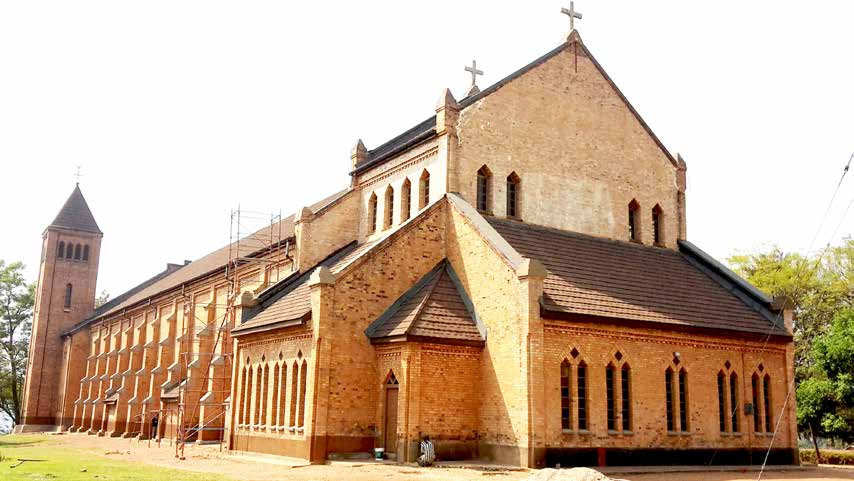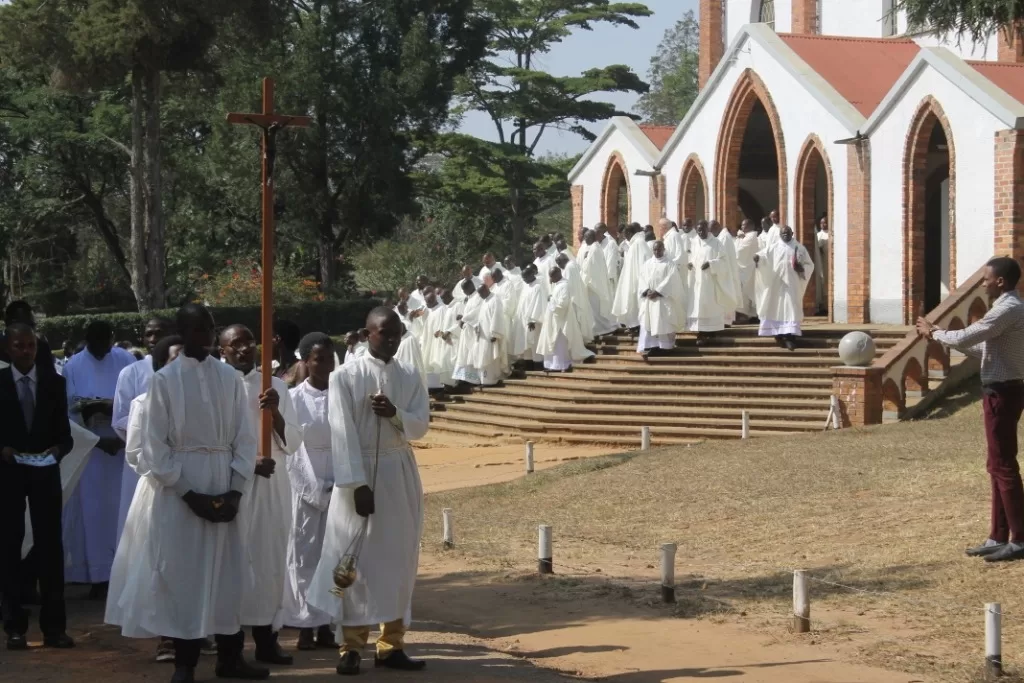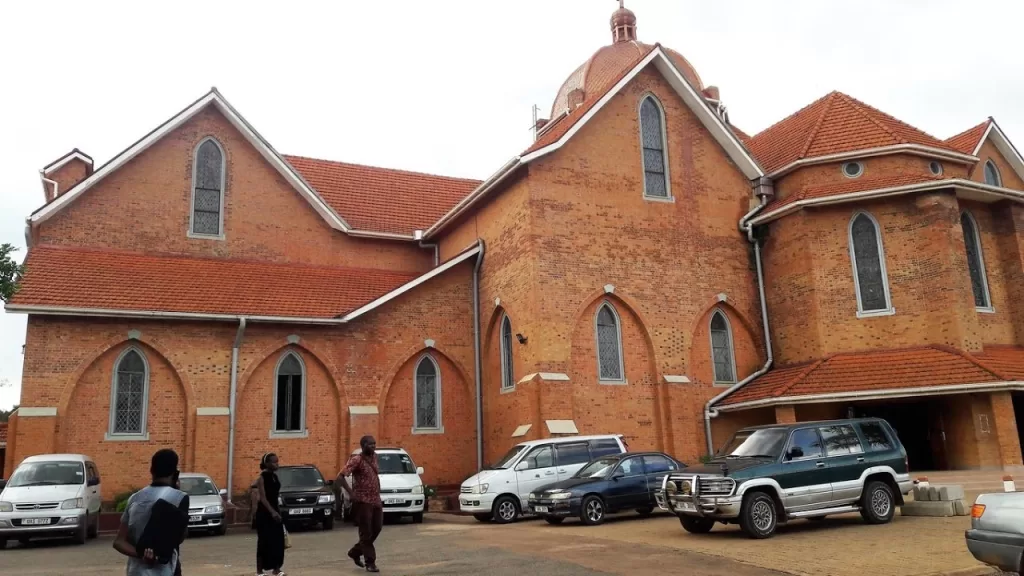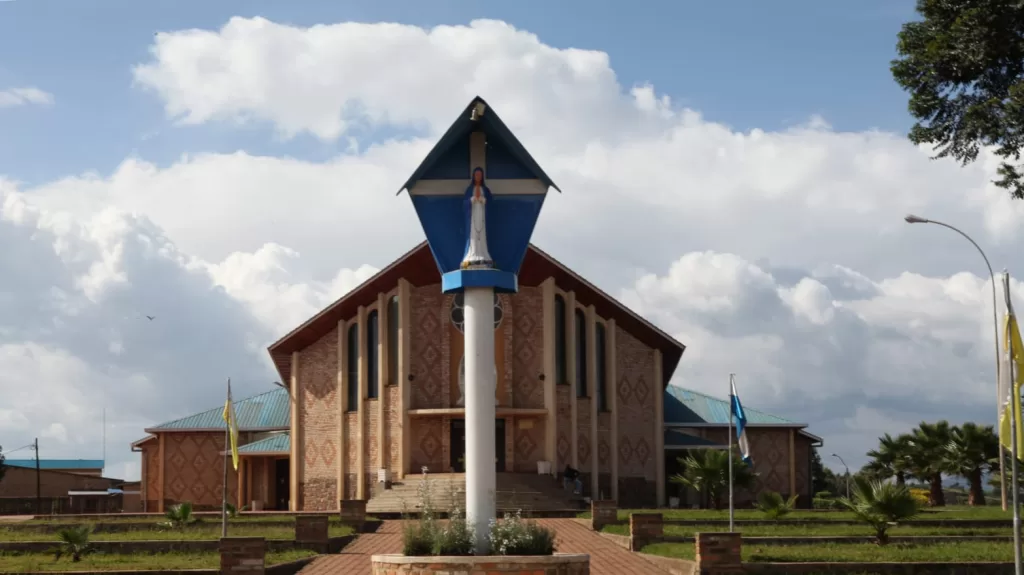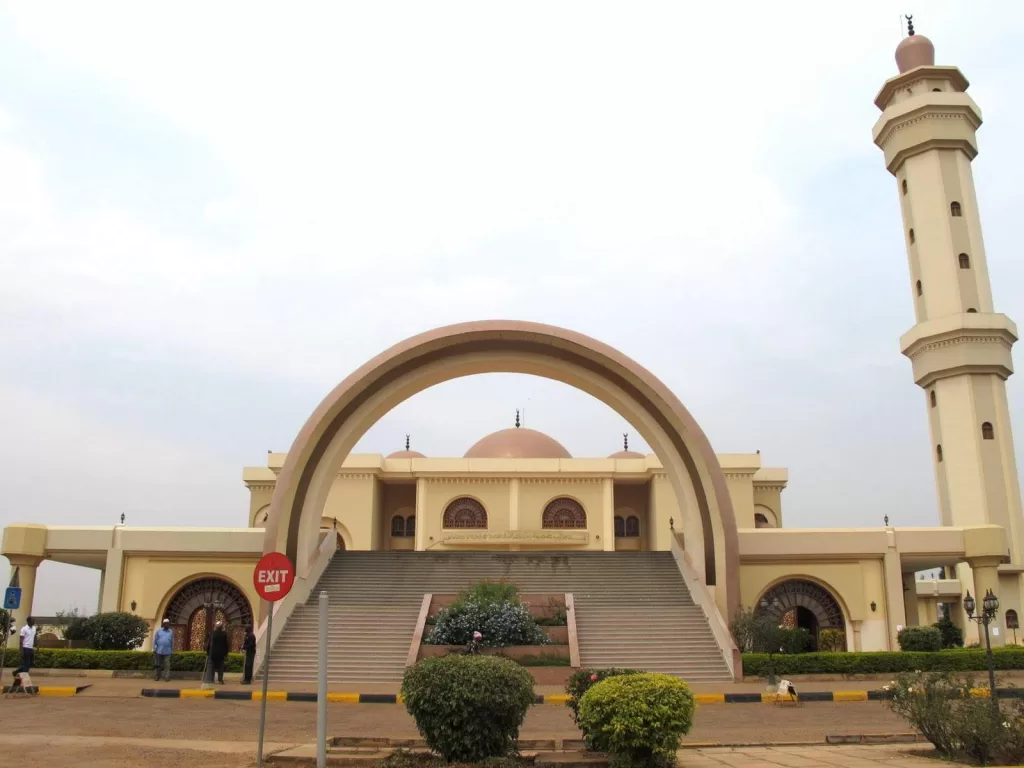The Bahá’í Temple in Uganda, also known as the Mother Temple of Africa, is a significant religious and architectural site located in Kampala, the capital city of Uganda. Here are some key points about the Bahá’í Temple in Uganda:
Importance: The Bahá’í Temple in Uganda holds great importance within the Bahá’í Faith as it is the only Bahá’í House of Worship on the African continent and one of only eight such temples in the world.
Design and Architecture: The temple is renowned for its unique architectural design. It was designed by Canadian architect Charles Mason Remey and completed in 1961. The structure features a distinctive nine-sided shape, symbolizing the unity of the world’s major religions.
Spiritual Space: The Bahá’í Temple serves as a place of worship and prayer for followers of the Bahá’í Faith, as well as a space for contemplation and reflection for visitors of all backgrounds. The temple’s serene atmosphere and beautiful surroundings make it a popular destination for spiritual seekers and tourists alike.
Open to All: The Bahá’í Faith promotes the principle of the oneness of humanity and welcomes people from all religious backgrounds to visit the temple. Regardless of one’s faith or beliefs, individuals are invited to experience the peaceful environment of the temple and participate in devotional activities.
Gardens and Grounds: The Bahá’í Temple in Uganda is surrounded by well-maintained gardens and greenery, creating a tranquil setting for visitors. The gardens include various plant species, pathways, and seating areas, offering a space for relaxation and contemplation.
Community Events: The temple hosts various community events, including devotional gatherings, weddings, and educational programs. These events aim to foster unity, spiritual growth, and social harmony among individuals from diverse backgrounds.
Role in Social Development: The Bahá’í Faith places a strong emphasis on social and economic development. The Bahá’í Temple in Uganda serves as a center for community activities, where individuals and groups come together to engage in projects that promote education, health, and the empowerment of women and youth.
Symbol of Unity: The Bahá’í Temple in Uganda symbolizes the Bahá’í principle of unity and the belief in the essential oneness of all religions. It stands as a testament to the Bahá’í teachings of world peace, unity, and the elimination of prejudice.
Visitors to the Bahá’í Temple in Uganda are encouraged to respect the sacredness of the space, adhere to any guidelines or regulations provided, and approach the visit with an open and respectful mindset towards the Bahá’í Faith and its teachings.


